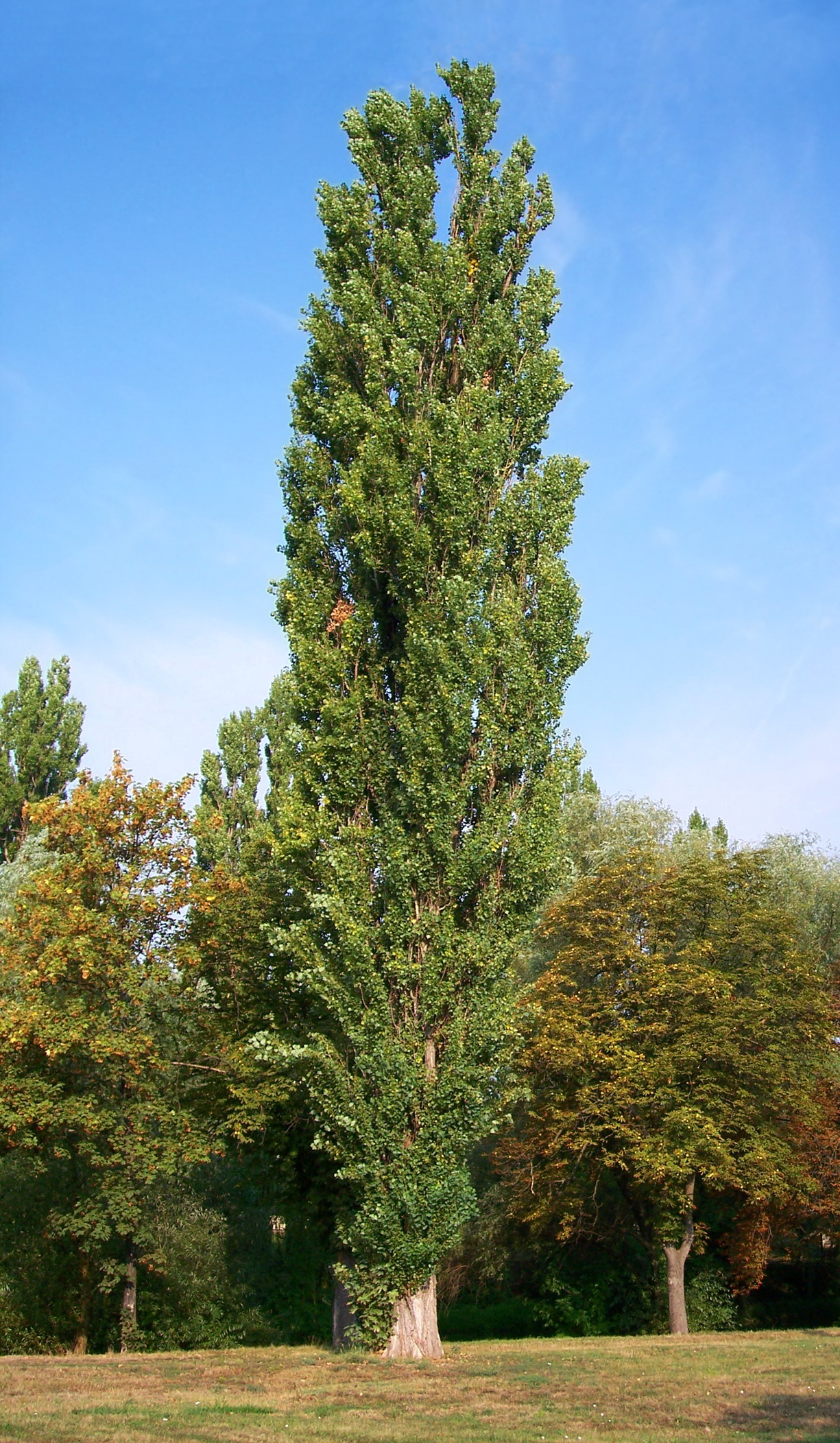CorporateNature Metaphor Series, No 109
What is the best way to scratch a mosquito bite? Scratching the bite right in the middle will make it even bigger and more sore and itchy. What you can do instead is scratch in a circle around the bite with the tip of a pen or pencil. Miraculously, you would get the same relief from the scratching without exacerbating the soreness of the bite itself, as the signals fed to your brain by the touch receptors on the skin do not tell apart two points of pressure if they are less than 1 cm away from each other (apart from on the face, hands and feet). Basically that's what I call "to beat around the bush."
Metaphorically, the rule "always scratch a mosquito bite indirectly" directly applies to the English. The English typically avoid direct confrontation, probably as a vestige of a class society (could the butler contradict his master?) that only started to change after World War 2. With great elegance, the English manage to communicate what they want and pursue their interest in a polite and non-confrontation way. English corporate culture is also notorious for people "sitting on the fence": why get into a fight or take sides if your vital interests are not at stake (as is the case most of the time).
This can also explain why Brexit has spiralled into such a nightmare: it is a major divergence from the English way of doing things. The English are simply in terra incognita in the bust-up with Brussels.
If you don't believe me about English culture, read "Watching the English" by anthropologist Kate Fox. As for the mosquito bite, try it on your skin next time you spot one.
 |
| Insect bite (Source: Wikipedia) |



